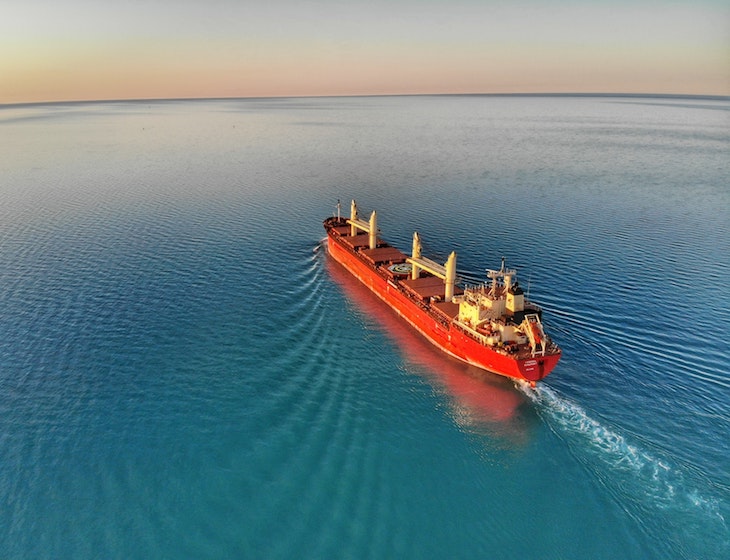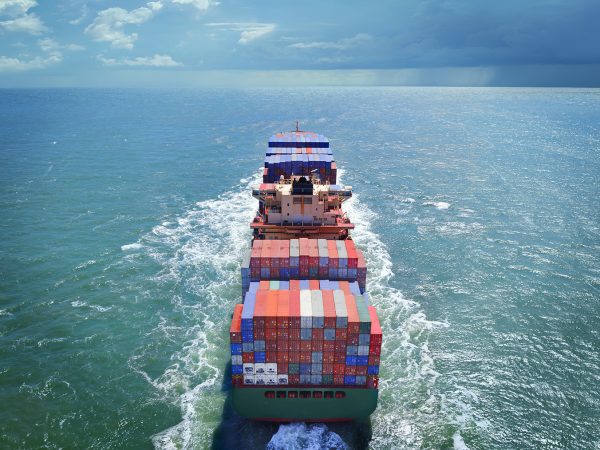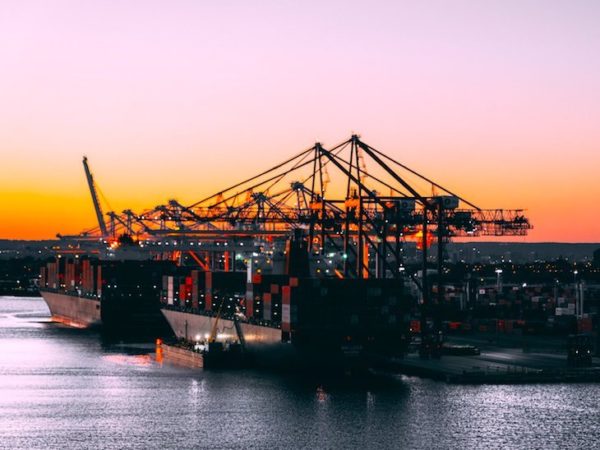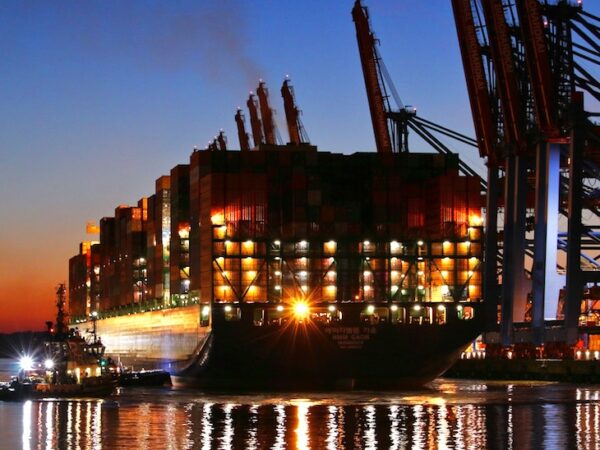
Since the New Year, there have been a number of reports in the press about the global shipping crisis that is driving the highest rates in the industry for decades.
In recent weeks the media has been reporting about how UK importers are facing soaring freight costs amid a global shipping crisis that may last months. A shortage of empty shipping containers in Asia and bottlenecks at the UK’s ports are cited as being the main contributors to the problem.
The congestion at the UK’s ports has prompted a number of vessels to either partially unload or miss UK port calls altogether to offload consignments at Antwerp, Zeebrugge and Rotterdam – as carriers avoid the disruption in the UK. A report by BBC News states that “most of the carriers just don’t want UK cargo because of the issues when the vessels dock, so mainly they’re favouring European ports.”
According to The Guardian the ongoing challenge is the lack of empty containers in key exporting hubs across Asia, meaning there aren’t any available to export goods into Europe and UK markets. It states that the disruption at the UK ports means that “carriers won’t stop [in the UK] because it’s not worth incurring the hours of delay and higher costs. Those carriers which are willing to stop in the UK are charging a premium, given the limited supply [of vessels].” This is creating a “self-perpetuating cycle” which is driving the crisis. Breaking the cycle and getting the much-needed return of empty containers to Asia, which could help to lower the cost of UK imports, is the challenge that the industry faces. The Guardian states that the “pattern [is] expected to last at least until after the [Chinese] New Year in the middle of next month, but could continue until the second quarter of this year”.
The disruption is making it difficult for retailers to get a full inventory of stock into the country. The Guardian reports that retailer Next, said earlier this week that the company’s clothing stock was down 10% compared with last year owing to shipment delays of two to three weeks from Asia.
For some smaller retailers the high cost of imports is making it no longer viable for them to continue to ship their cargo. BBC News reports that one small business owner had been quoted over £10,000 for a container. The BBC explains how shipping lines have been trying to drive down demand from British importers by charging a premium for deliveries to the UK. These sky high rates mean that small businesses are essentially making a loss on what they can sell. Read the full story here.
According to The Guardian, container freight rates from Asia have increased almost fourfold since November to reach $10,000 for a 40ft unit for the first time.The S&P Global Platts index for container freight prices was likely to rise further and may push up the cost of consumer goods. Read the full story here.
PFE recently informed customers that there is no clear visibility of an end of the crisis in the short term, analysts are predicting congestion, delays, equipment shortages and high rates to possibly persist even past Chinese New Year (beginning on the 12th February) and into the second quarter of 2021.
Regrettably these challenges to the shipping industry are set to continue and the situation is unlikely to improve in the short term. We will keep you updated on any further developments and would like to thank all of our customers once again for their understanding during this challenging period.





